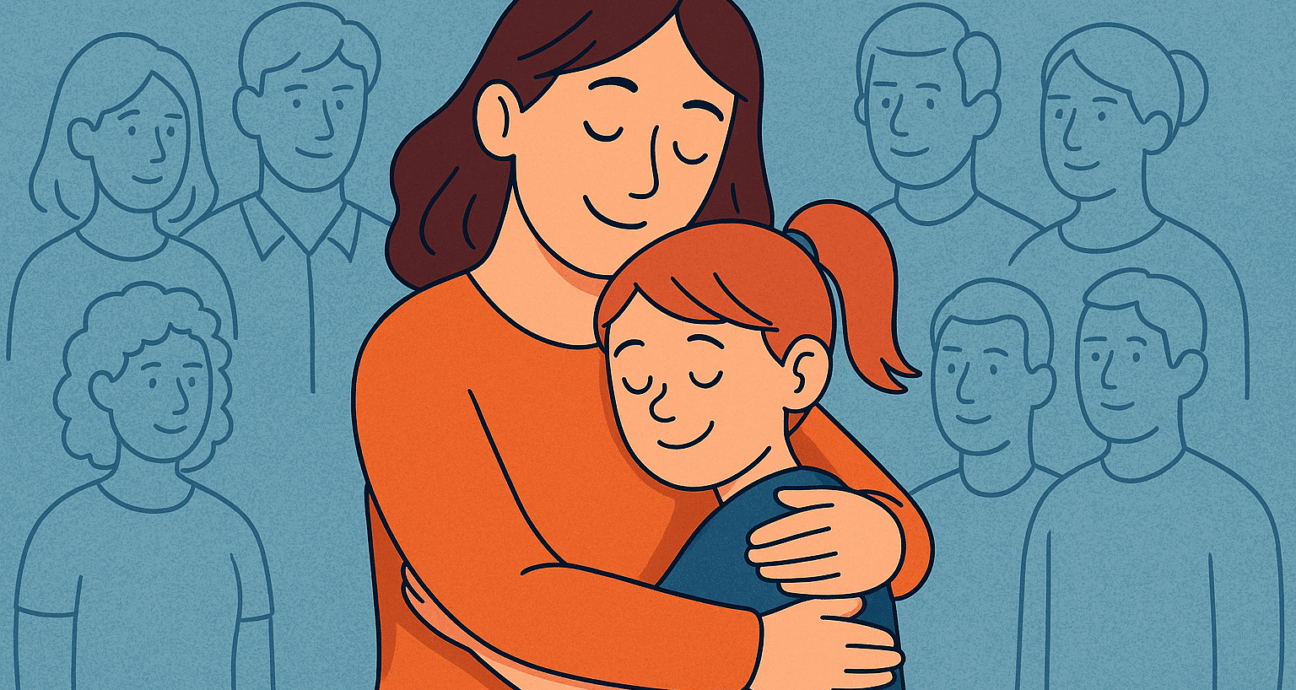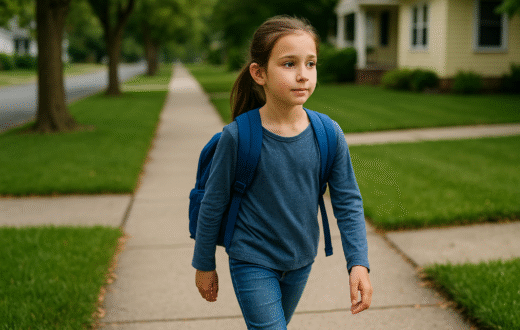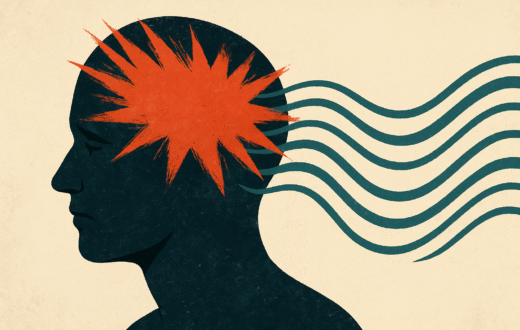Dear Parents, Understanding ADHD Starts with Awareness

Every October, we hear the phrase “Happy ADHD Awareness Month.” But beyond celebration, one word truly matters: awareness.
Parents are often the strongest advocates for their neurodivergent children. It’s our role to make sure that those around us, family, friends and teachers, understand what ADHD really is. Awareness isn’t just a nice thing to do; it’s essential, because our children and we as parents deserve empathy, understanding, and support.
Raising a child always takes a village, but raising a neurodivergent one takes a village that listens and learns. Speaking from experience, I can tell you that getting support early on will make you a better, calmer, and more confident parent in the long run.
Once you find your village, thank them, a supportive network is rare and precious. Then, help them see your child for who they truly are: bright, creative, and wired differently. When people understand this, they stop seeing your child through their diagnosis and start seeing them beyond it.
Let’s take a common example, the meltdown. When your village doesn’t understand ADHD, you’ll likely hear unwanted advice or judgment when your child reacts strongly to something small. Ideally, your community should know that your child’s brain doesn’t process stress or frustration like a neurotypical one.
I remember my family initially didn’t agree with the structured routine I set for my daughter. But that routine, meals, naps and transitions was the foundation of her happiness. As awareness grew, they realized that for a neurodiverse child, structure isn’t rigidity; it’s security.
When you promote ADHD awareness, you’re not just changing how others see your child — you’re building a support system rooted in understanding. To help you along the way, here are a few truths to share when you encounter common misconceptions:
• ADHD is not caused by bad parenting; it’s about brain structure and chemistry.
• It’s not laziness or lack of motivation; it’s about difficulty regulating attention and impulse.
• Stronger punishment doesn’t work; understanding and consistency do.
• Children don’t “grow out of” ADHD; most continue to experience symptoms into adulthood.
• People with ADHD can focus deeply on things they love — it’s called hyperfocus.
When your village understands these truths, you gain allies. People who can step in when you need rest, who won’t judge, who will listen. And that’s what every parent truly needs a community that gets it.
So, as you advocate for your child, celebrate their strengths, let go of the small stuff, and save your energy for what really matters.





